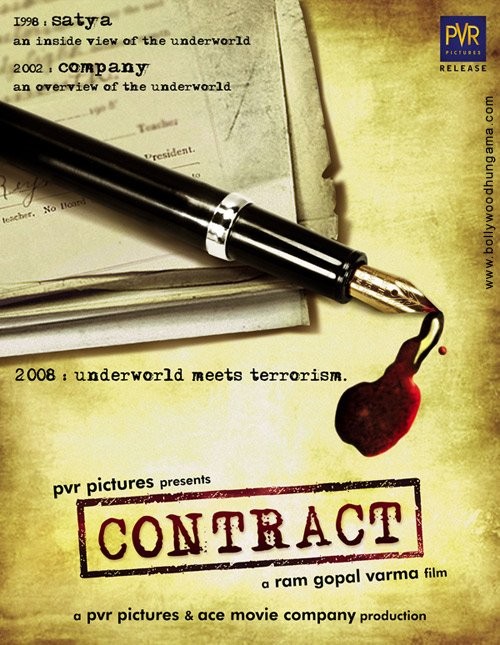Ackman acknowledges retail blunders digs in on Herbalife
Post on: 16 Март, 2015 No Comment

William Ackman, CEO of Pershing Square Capital Management, speaks at the Partner Connect 2013 conference, sponsored by Thomson Reuters, in Boston April 5, 2013.
Analysis & Opinion
BOSTON (Reuters) — Activist investor William Ackman admitted he made mistakes in bets on retailers, including J.C. Penney where he has lost hundreds of millions of dollars, but is sticking by a wager against Herbalife, where he faces big paper losses.
In a letter to shareholders written less than a week after his embarrassing departure from the J.C. Penney board, Ackman, 47, counted three failures at his $11 billion hedge fund Pershing Square Capital Management. All were retailers: Borders Group, now bankrupt, Target, and J.C. Penney.
He said he may exit Penney, where he owns 39 million shares and is the company’s biggest investor, but would not say when. At Target, he stuck it out for 19 months after losing a bitter and expensive proxy fight, he reminded investors.
He also devoted plenty of ink to his other current problem bet, Herbalife, where he is sitting on some $300 million in losses, and said there are signs things may yet turn his way.
Clearly retail has not been our strong suit, and this is duly noted, Ackman wrote in a 23-page long, second-quarter letter to investors, dated August 20 and seen by Reuters.
Coming three years after he built his Penney stake and told skeptics they would shop at the ailing retailer after he overhauled the store, the letter signals an acknowledgement of weakness and insight not often seen among hedge fund managers.
Retailing is for retailers. It’s not for hedge fund managers, said Erik Gordon a law and business professor at the University of Michigan. Successful retailers have spent their whole lives in the business. Ackman finally figured that out.
For Herbalife, where Ackman is pitted against other big fund managers, including George Soros and Carl Icahn, the jury is still out, Ackman said, noting its fate is in the undecided column.
Serious product quality issues plus timely aggressive regulatory intervention may still save the day on Herbalife, he said, declining to give more details about which regulators may be probing the company.
It’s tougher to hang on until the gains pan out when you are shorting a company. It takes a hard head, Michigan’s Gordon said.
Ackman refused to show his hand and has previously sidestepped questions from investors about what he would do with J.C. Penney as his investment sunk. Penney is now trading at a 40 percent discount to where he bought it.
His problems have weighed on returns. He was up 6.3 percent in the first half, just barely more than the average hedge fund. Since then the gains shriveled to roughly 2.7 percent in mid-August, said an investor, who asked not to be named because the information is not public. The average hedge fund gained 4.5 percent in the first seven months of the year, according to tracking group eVestment.
Ackman, known for his unwavering confidence in himself, also pointed to the gains he’s made long term: 463.4 percent over nearly 10 years.
Even as his failures generated dramatic headlines in the last months, Ackman effectively shrugged them off, saying media attention is part of the cost of being an activist. We are going to make mistakes, he acknowledged, adding that because of his size, those blunders are going to be a lot more visible than others’ missteps.
We believe our activist track record, both long and short, is the best of any activist investor of which we are aware, Ackman wrote to clients which include state pension funds in Massachusetts and New Jersey and wealthy investors.
Bets on Wendy’s International, General Growth Properties and Canadian Pacific Railway, among others, have been winners on the long side and bond insurers MBIA and Ambac paid off on the short side.
As for his latest big bet — a $2 billion investment in Air Products and Chemicals, he said he believes the downside risk to be modest and that the price is a bargain if he can successfully effectuate change.
A month ago Ackman told investors he wanted to raise as much as $1 billion for his fifth special purpose vehicle, Pershing Square V (PSV). In the letter he said he raised $450 million in outside capital and launched the vehicle with $900 million to invest in Air Products.
While the fund was buying, Air Products put in a poison pill stopping Ackman from getting more and he acknowledged that he has not able to use all of his firepower. We were not able to deploy all of the PSV capital raised so we returned the additional funds to the PSV investors, he wrote.
(Reporting By Svea Herbst-Bayliss; editing by Andrew Hay)














